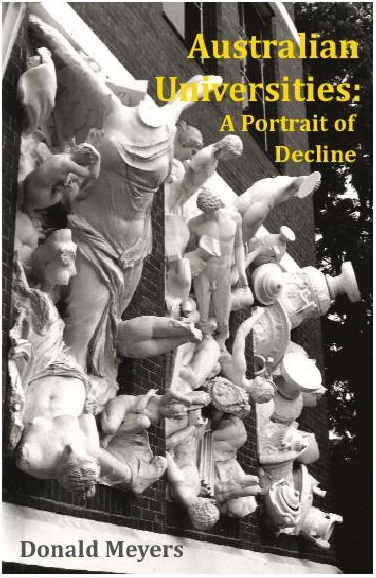‘IN open societies where both scientists and the general public are equipped with critical skills and the tools of inquiry, not least enabled by the information revolution provided through the Internet, the ethos of science as open, questioning, critical and anti-dogmatic should and can be defended also by the public at large. Efforts to make people bow uncritically to the authority of a dogmatic representation of Science, seems largely to produce ridicule, opposition and inaction, and ultimately undermines the legitimacy and role of both science and politics in open democracies.’
That’s the final paragraph in a new report by Emil A. Røyrvik; a social anthropologist and senior research scientists at SINTEF Technology and Society, Scandinavia’s largest independent research organisation.
The report about “the debate on man-made global warming” including an analysis of “the four myths of climate change”, “the hockey stick”, “climategate” and surveys and petitions of dissenting and contrarian positions.
Dr Røyrvik comes at the issue from an academic perspective and very clearly articulates the strength of the consensus position but also the logic of the contrarians – as he labels us. 
[Read more…] about Consensus and Controversy: The Debate on Man-Made Global Warming


 Jennifer Marohasy BSc PhD has worked in industry and government. She is currently researching a novel technique for long-range weather forecasting funded by the B. Macfie Family Foundation.
Jennifer Marohasy BSc PhD has worked in industry and government. She is currently researching a novel technique for long-range weather forecasting funded by the B. Macfie Family Foundation.